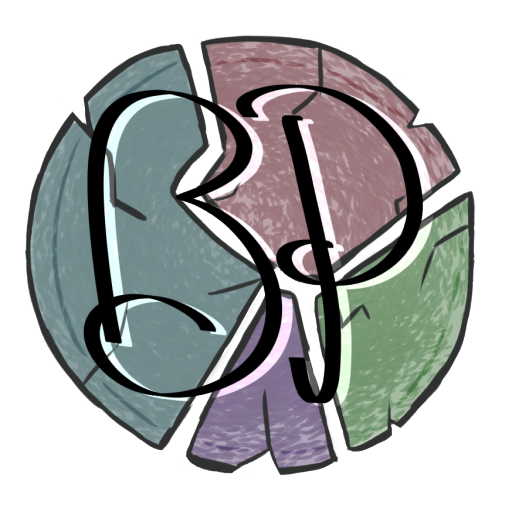When you ban books for a second, you ban the pursuit of knowledge for a century. Books are the cornerstone of human connection. When people connect with each other’s stories, they learn to empathize, and when they empathize, it is easier for them to accept new knowledge. This is why, when Americans decide to carry out the act of banning books, I fear for the future of scholastic education.
I believe in the power of knowledge, and of the many ways to obtain knowledge, a good education is one of the first. A good education cannot be obtained if communities agree to avoid, dismiss, lock away, or ban books that showcase diverse human experiences. Reading books can introduce us to realities that we may not be familiar with, and if we read those books that offer new perspectives, it can help us become better people and expand our ideas that unite rather than divide us. If you don’t have the ability to empathize, then knowledge doesn’t matter because there is no social connection. Knowledge is knowing how to interpret the world; empathy is being able to engage with it.
Angie Thomas’ award-winning work, The Hate U Give, a coming-of-age novel following a young Black woman, Starr, was published in 2017. The book was banned in 10 school districts in Iowa in 2023 for having descriptions of sex acts. However, having read the book, the act of sex is not shown, and while sex is mentioned scarcely, the book is not about a teenager and her comfortability with sex; it is about police brutality and how institutional racism negatively affects the Black community.
This book had an immense impact on me. I read this during the 2020 George Floyd protests in Minneapolis and New York. I was 16. While I was aware of racism, coming from a small town, I had never seen it or witnessed it. I was ignorant, and I wanted to learn. When I received the book in May, I began reading and, to me, I found that what happened to Khalil in the second chapter reminded me of what happened to Floyd. It seemed an avoidable tragedy and brought up questions for me about police brutality. The more I read, the more I wanted to learn about Black history and discover what I did not know. Angie Thomas was my introduction to Black literature written by Black authors. I had read To Kill A Mockingbird by Harper Lee in school, and that, too, is an amazing book, but Lee couldn’t teach me what Thomas did. While Harper Lee is amazing to read, and should be read, Angie Thomas’ The Hate U Give offers early readers another important perspective.
Many people associate book banning with 1930s Nazi-occupied Germany and the practice of book burning (the ultimate form of book banning). I do not think America has crossed that threshold yet, and I am optimistic that it never will. However, the very idea of banning books concerns me because we are allowing books that chronicle important experiences to keep out-of-reach to students, to keep the classroom environment comfortable. The sad reality is that many people who live in America don’t live comfortably. If we decide to have our students learn only the comfortable parts of our history, then they will become uncomfortable learning about the parts of our present reality. I believe that students are up to the challenge and eager to learn things…I am not advocating for traumatizing students; I am advocating for better preparation of students, and we do that by not banning books. To be comfortable is to be passive, to be uncomfortable is to be active. We must be uncomfortable.

